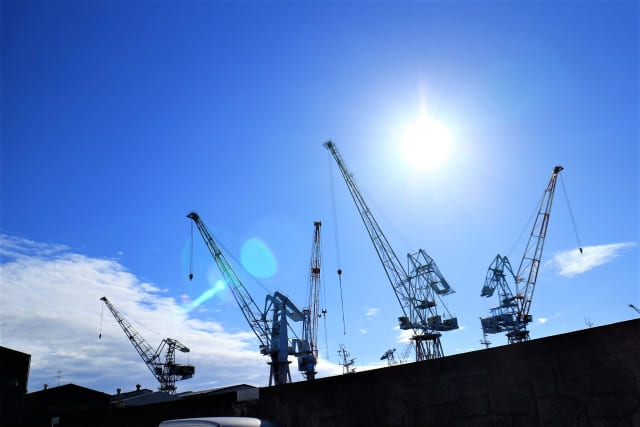Specified Skilled Worker (特定技能)
Japan has been experiencing a chronic labour shortage for some time and the issue is prominent in certain fields, which is now designated as “14 specific industries” and the Japanese government finally opened up its door for foreign workers to engage in blue collar jobs. This is how the new status of residence “Specified Skilled Worker (特定技能)” was established in 2019 to tackle the labour shortage and improve productivity so the economy can be sustained in Japan.
|
The Specified Industrial Fields (14 Fields)
(1) Nursing care (2) Building cleaning (3) Material Processing industry (4) Industrial machinery manufacturing industry (5) Electric and electronic information related industry (6) Construction (7) Shipbuilding and ship-related industry (8) Automobile maintenance (9) Aviation (10) Lodging (11) Agriculture (12) Fisheries (13) Food and beverages manufacturing industry (14) Food service industry *Currently, Specified Skilled Worker (ii) are accepted in Construction and Shipbuilding and ship-related industries only (as of March 2022). |
Who can be granted the visa?
Anyone who is healthy enough to work and aged 18 and above with a basic Japanese language and the skill set required in each industry. This can be proven by passing a JLPT N4 or JFT-Basic for the language and skills proficiency test or a completion of a technical training programme (ii or iii) in Japan.
Who can employ them?
In order to employ Specified Skilled Workers, employers have to comply with not only the immigration law but also the labour law and social insurance law and regulations.
This means that the employers must treat any employees fairly humanely. It may sound obvious but more than a few companies take advantage of loopholes to reduce the cost of employment such as their share of pension contribution payment and national health insurance scheme payment.
The employers also must support specified skilled workers in various aspects of their day-to-day living such as accompanying public offices to take all the necessary procedures as a resident and provide a helping hand for troubles the workers may experience.
What’s the downside?
As of March 2022, you cannot bring family as dependents during your stay in Japan as Specified Skill Worker (unless you are SSW(ii)).
As of March 2022, a specified skilled workers can stay in Japan up to 5 years unless you move onto SSW (ii). This restriction, however, is now under review and an indefinite stay may be permitted in the future.
What now?
The government is actively reviewing the scheme and various changes have been announced in recent months. We believe the scheme is a game changer for the Japanese economy and employment market which drive the whole society more multi-cultural and diverse.

